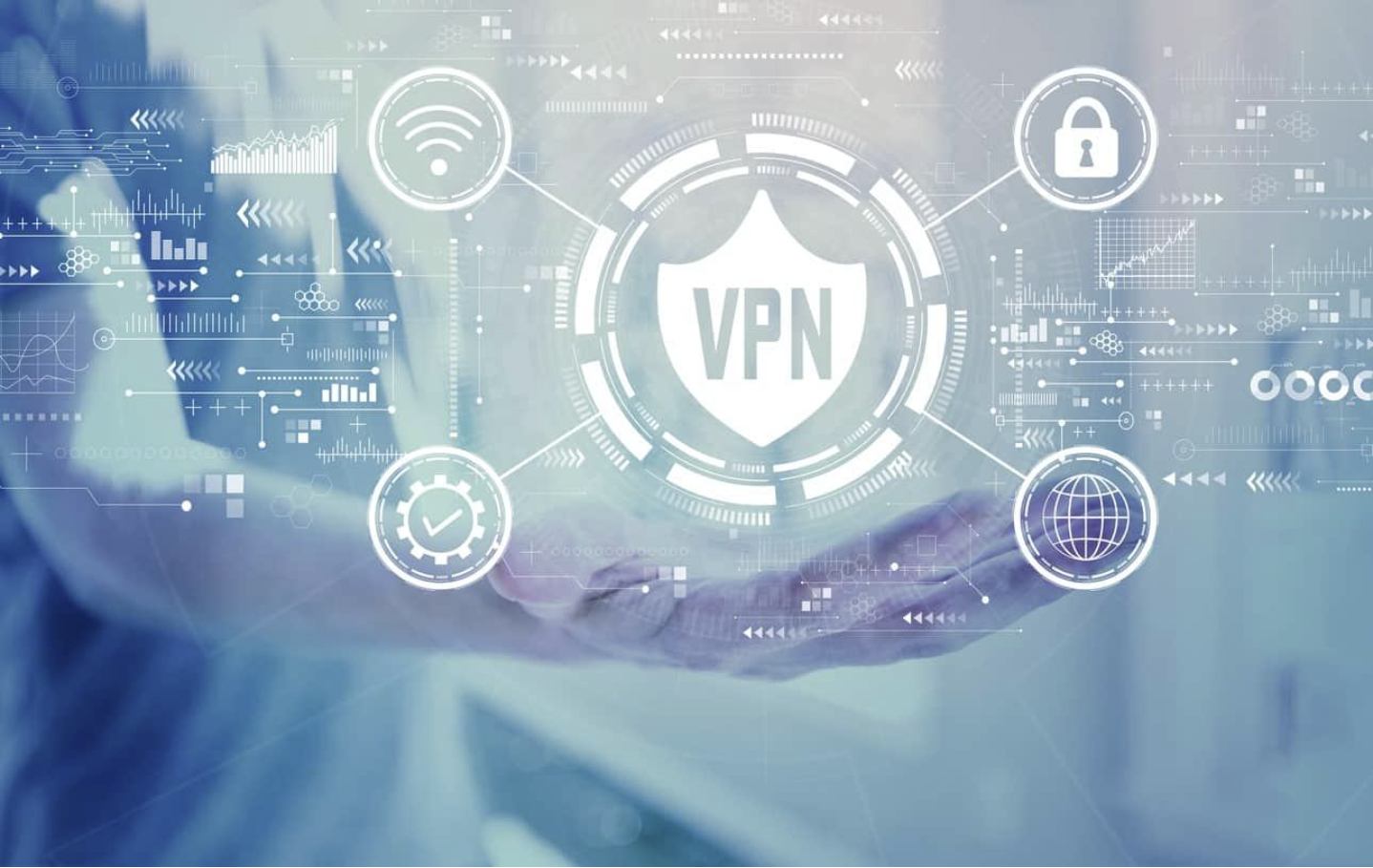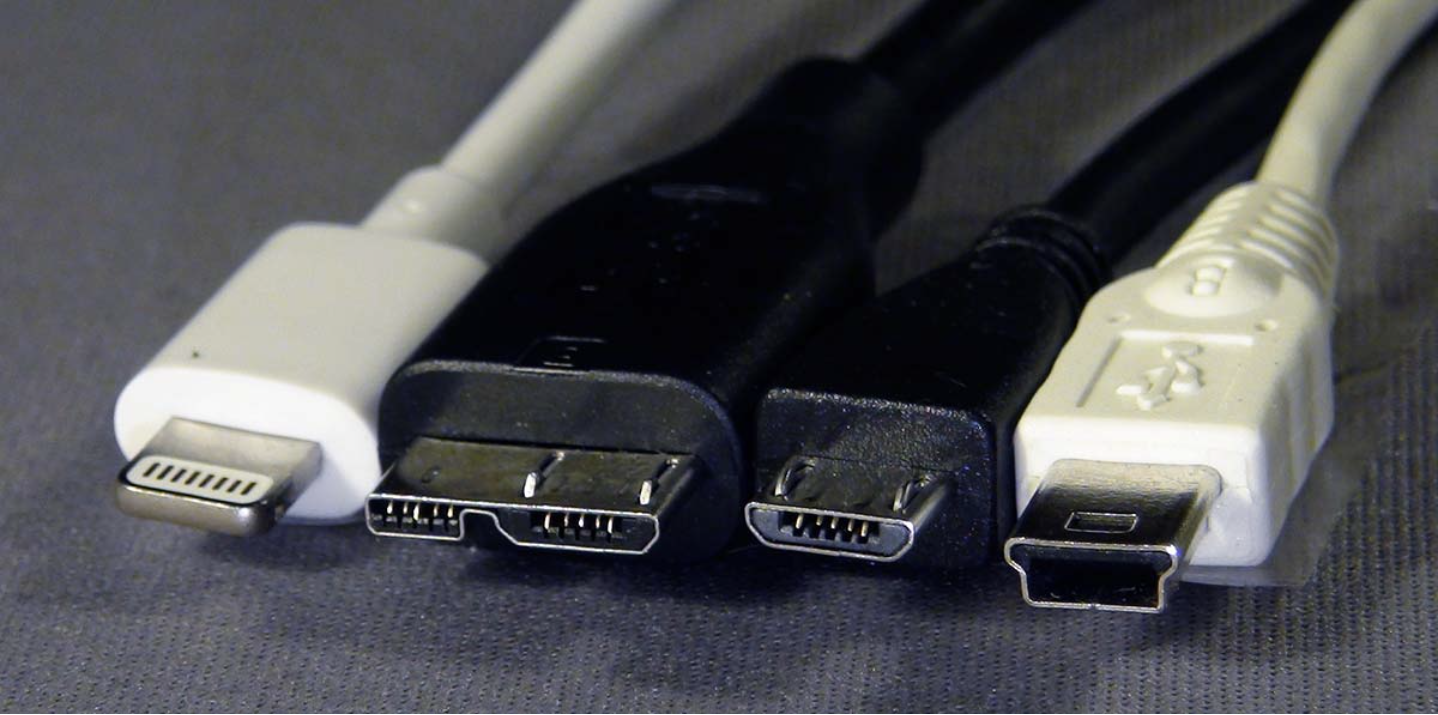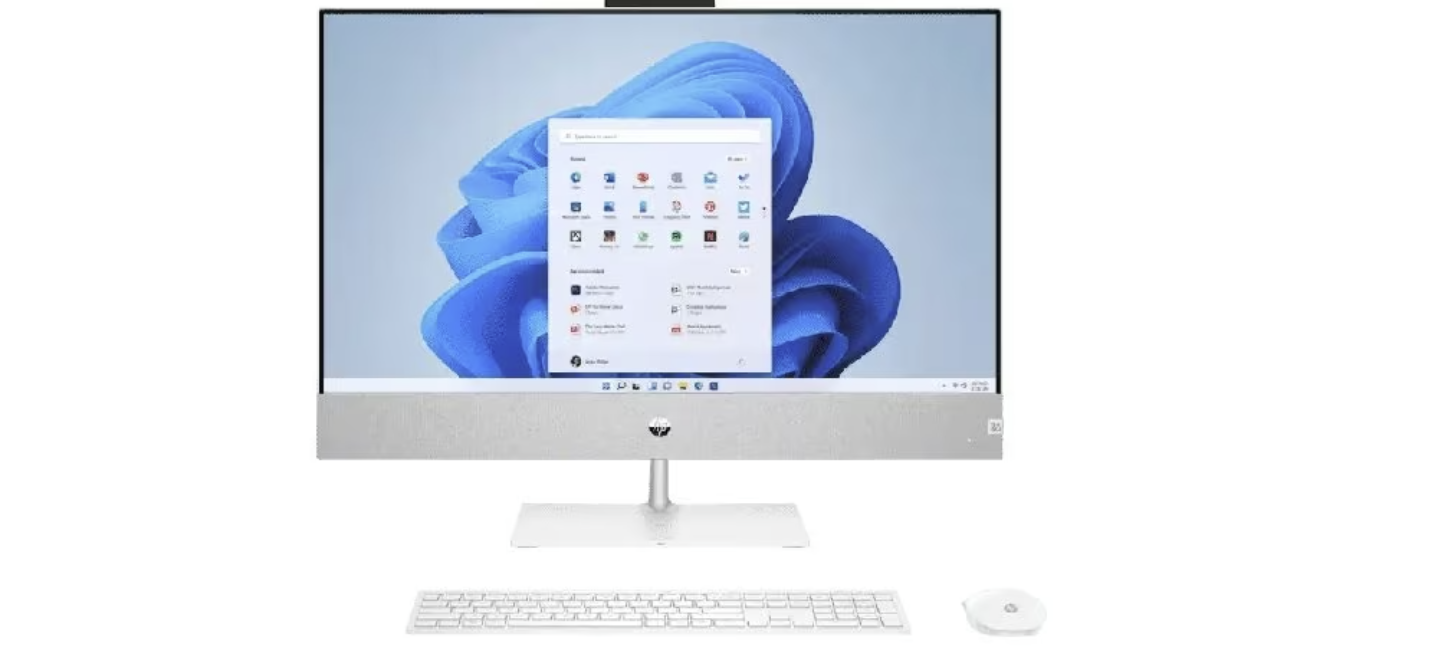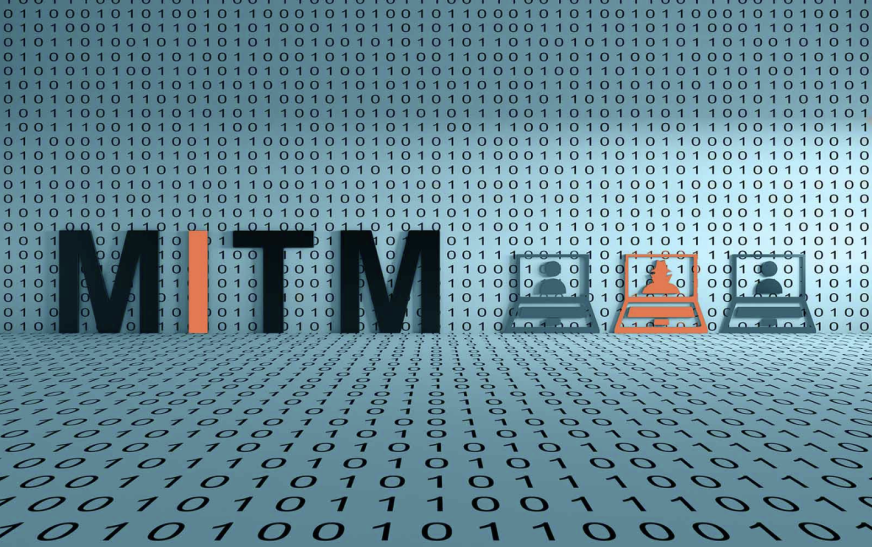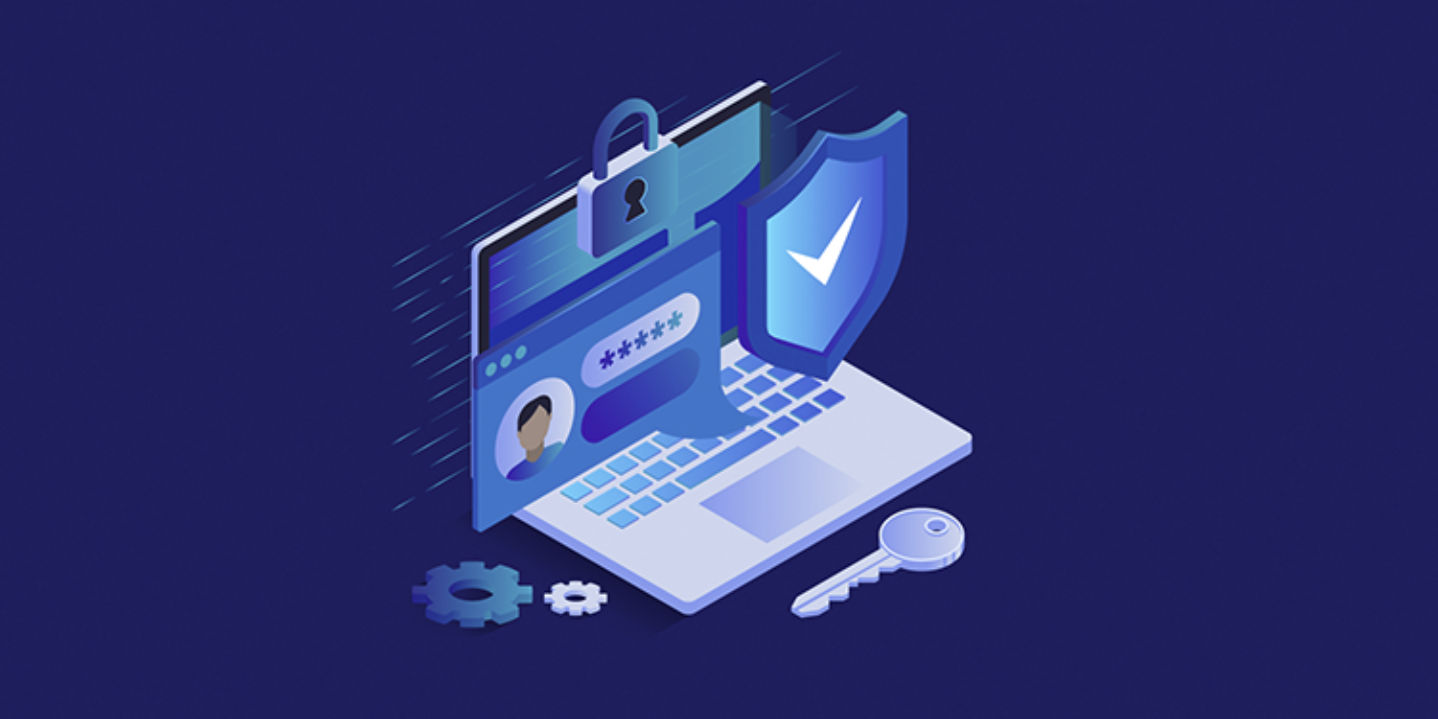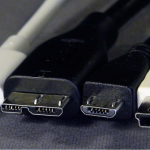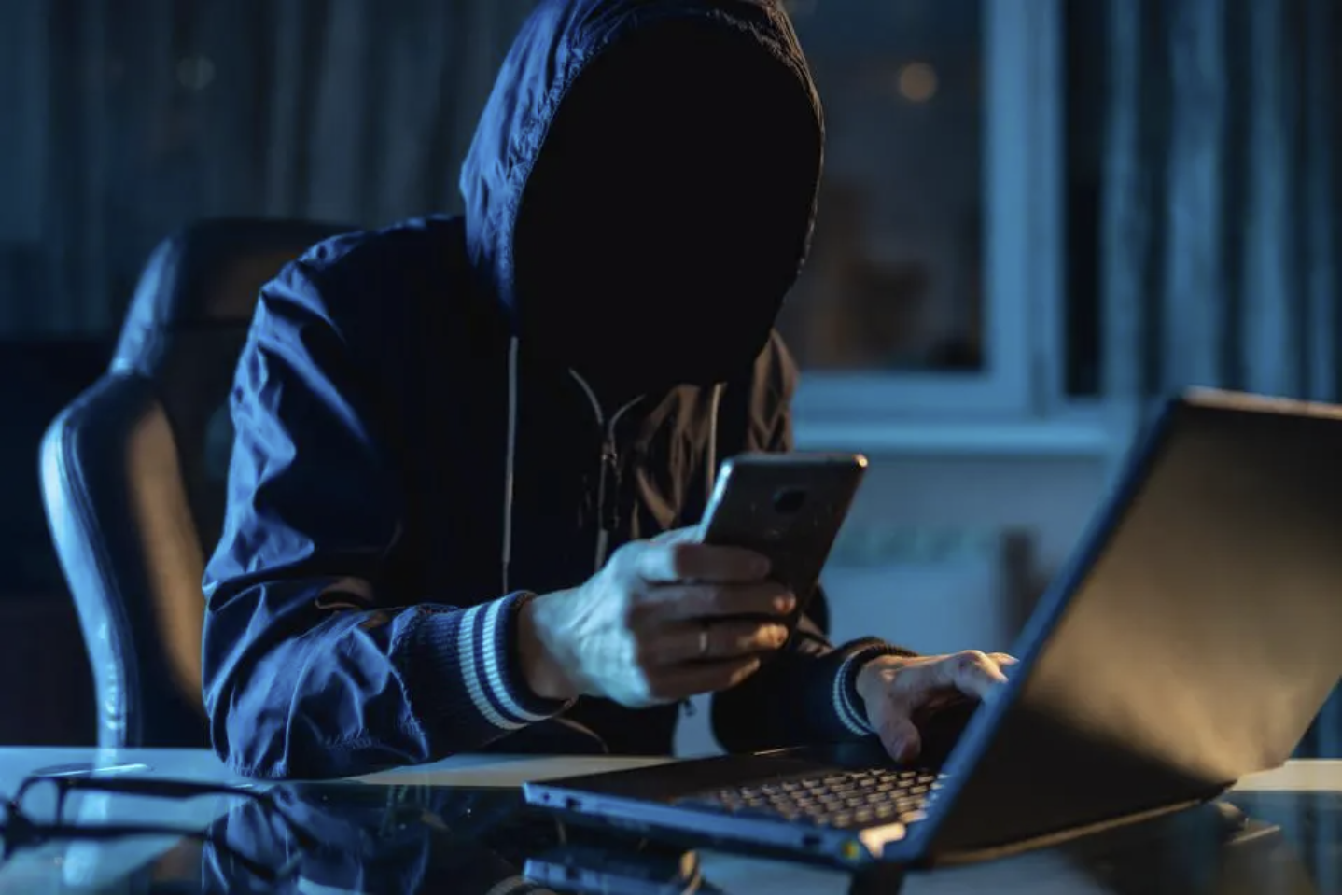
Signs You’ve Been Hacked and What to Do About It
Hackers typically don’t notify their victims when they gain access to a system. Most of the time, they want to keep their presence hidden so they can return later and continue their activities. This makes it hard to know if your computer has been compromised, but there are a few signs that suggest a breach may have occurred. Some of these signs are computer-related, while others are not. If any of these symptoms sound familiar, you could have been hacked without realizing it. If you suspect a breach, it’s best to reach out to a trusted computer expert to take action quickly.
Signs You’ve Been Hacked
1. You receive a ransomware message
One of the most alarming signs of being hacked is a ransomware message. This is when your screen is taken over, and a message demands payment to unlock your files. Ransomware attacks are becoming more common, and they can cause significant disruption. Even if you pay the ransom, there’s no guarantee your files will be restored. To minimize the damage, ensure you have reliable backups of your data and test them regularly. If you’re unsure about your backups, it’s a good idea to consult an expert for advice.
2. You see a fake antivirus message
Another common sign of a hack is when you receive a popup claiming that your device is infected and urging you to run a scan or download software. These fake antivirus alerts are designed to trick you into installing malicious software. If you encounter one of these, it’s important to close the pop-up and run a proper antivirus scan to check for threats.
3. Unwanted browser toolbars
If you notice new toolbars or other changes to your web browser that you didn’t install, it’s a red flag. These unwanted toolbars are often installed by malware, and they can track your online activity or display ads. If you don’t recognize the toolbar, it’s time to remove it.
4. Unexpected software installations
Seeing new programs installed on your computer that you didn’t download is another sign of a potential hack. In some cases, malware may disguise itself as legitimate software to avoid detection. If you notice unfamiliar programs, check their legitimacy and uninstall anything suspicious.
5. Your password stops working
If your password suddenly doesn’t work, it could mean a hacker has gained access to your account and changed your login details. This is a serious sign of a breach and should be addressed immediately.
What Should You Do if You’ve Been Hacked?
If you suspect your computer has been compromised, follow these steps to minimize the damage:
1. Disconnect from the network
To prevent the hacker from accessing your files or using your system to attack others, disconnect your computer from the network. Unplug the Ethernet cable and turn off your Wi-Fi to isolate your device.
2. Shut down your computer and remove the hard drive
Once disconnected, power off your device to stop any ongoing damage. If possible, remove the hard drive and connect it to another computer as a secondary drive. Ensure that the second computer has strong antivirus and anti-spyware software to scan and clean the drive.
3. Backup your important files
If you can still access your data, back it up to an external drive or cloud storage. Make sure to transfer only personal files like photos and documents, avoiding any potentially infected files.
4. Wipe your hard drive
Even after scanning for malware, it’s a good idea to wipe your hard drive to be completely sure it’s clean. Use a trusted disk wiping tool to ensure all traces of the hack are gone. This will erase everything on the drive, so make sure you have backups of your important data before proceeding.
5. Reinstall your operating system
After wiping the drive, reinstall your operating system using trusted media. Do not use any unknown or copied discs to avoid reinfecting your system with malicious software. Once the OS is reinstalled, be sure to download all necessary updates and security patches.
6. Reset all passwords and enable multi-factor authentication
Even if your online accounts haven’t been directly affected, it’s a good idea to change all your passwords. Use strong, unique passwords for each account and enable multi-factor authentication for added security. This extra layer of protection can prevent hackers from gaining access even if they manage to obtain your password.
7. Monitor for signs of continued activity
After taking these steps, keep a close eye on your accounts and systems for any unusual activity. If you notice anything suspicious, take action immediately and consider seeking professional help.
Conclusion
Hacking can be a serious issue, and if you suspect you’ve been targeted, taking immediate action is crucial. By following these steps, you can minimize the damage, secure your data, and prevent future attacks. If you’re unsure how to handle the situation, it’s always a good idea to reach out to a cybersecurity expert for assistance.

